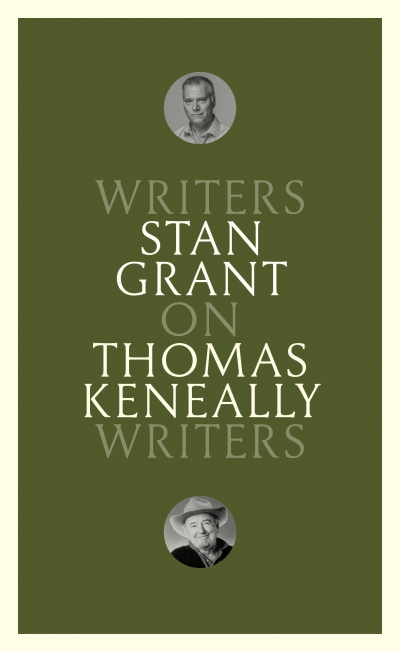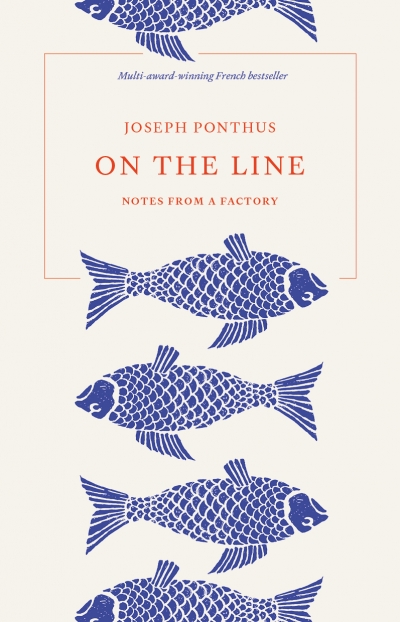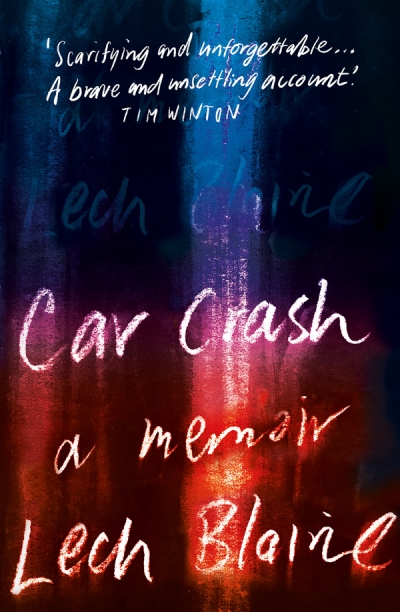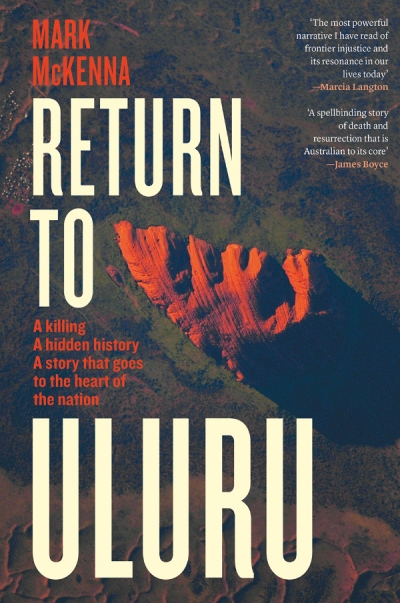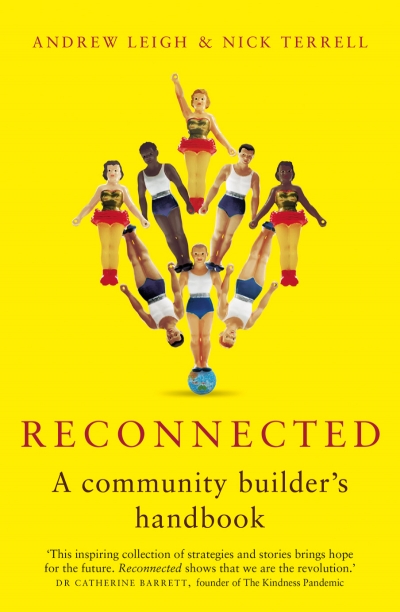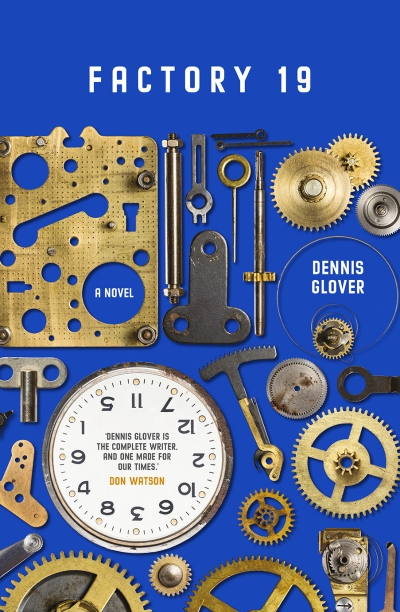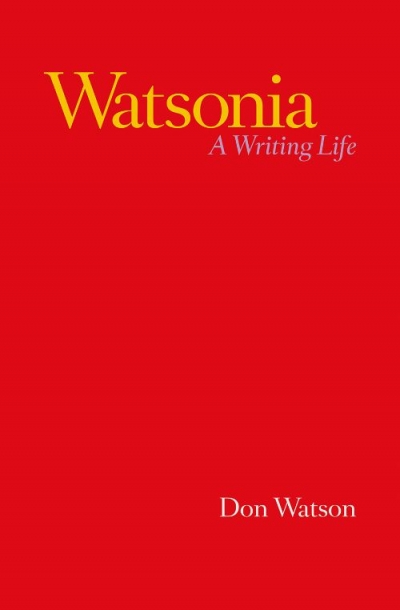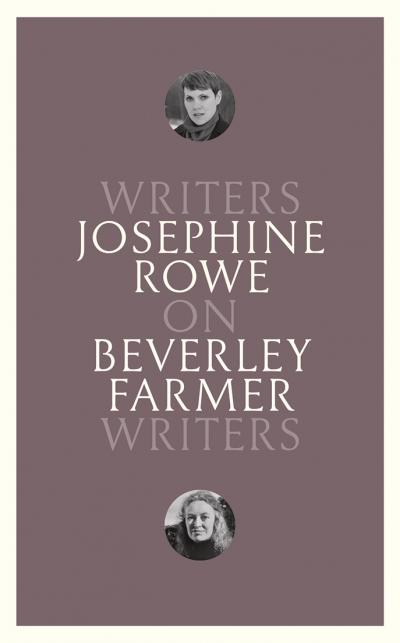Black Inc
Sign up to From the Archive and receive a new review to your inbox every Monday. Always free to read.
Recent:
On Thomas Keneally by Stan Grant & With the Falling of the Dusk by Stan Grant
Few books blur the line between beauty and ugliness more than Thomas Mann’s Death in Venice (1912). The novella follows the ageing writer Aschenbach, whose absurd over-refinement – born in part of repressed homosexuality – is dismantled by Tadzio, a beautiful boy he encounters on holiday in Venice. His obsession with Tadzio represents the displacement of mortality (Aschenbach will soon succumb to cholera) through a wilful surrender to decadence and decay.
... (read more)On the Line: Notes from a factory by Joseph Ponthus, translated by Stephanie Smee
Return to Uluru: A killing, a hidden history, a story that goes to the heart of the nation by Mark McKenna
Reconnected: A community builder’s handbook by Andrew Leigh and Nick Terrell
Besides a capacity to write well, critics need to be well-informed. I sometimes get exasperated by reviewers without sufficient expertise in the topics they are considering. On the other hand, academic pedantry can also be off-putting, particularly when couched in a clunky style. In general, I’ve found the most memorable pieces to be those which say something about the reviewer as well as the author under review, like portraits which work through a kind of double vision, offering insights into the painter as well as the sitter. There was a very good essay on Les Murray by J.M. Coetzee in the New York Review of Books a few years ago which had this double-edged quality.
... (read more)

